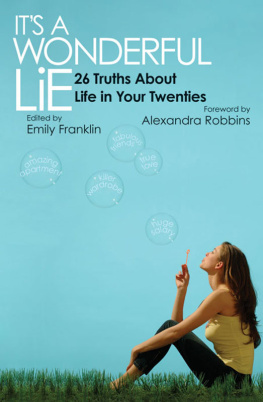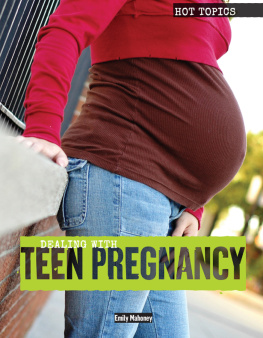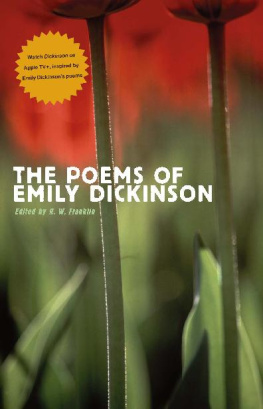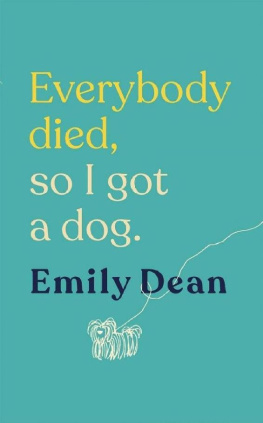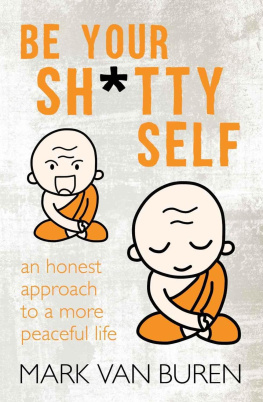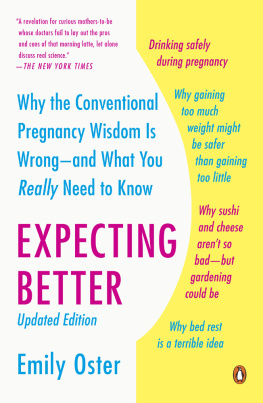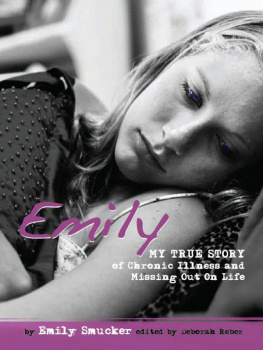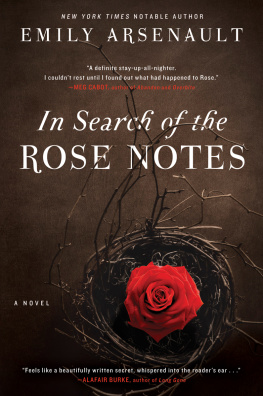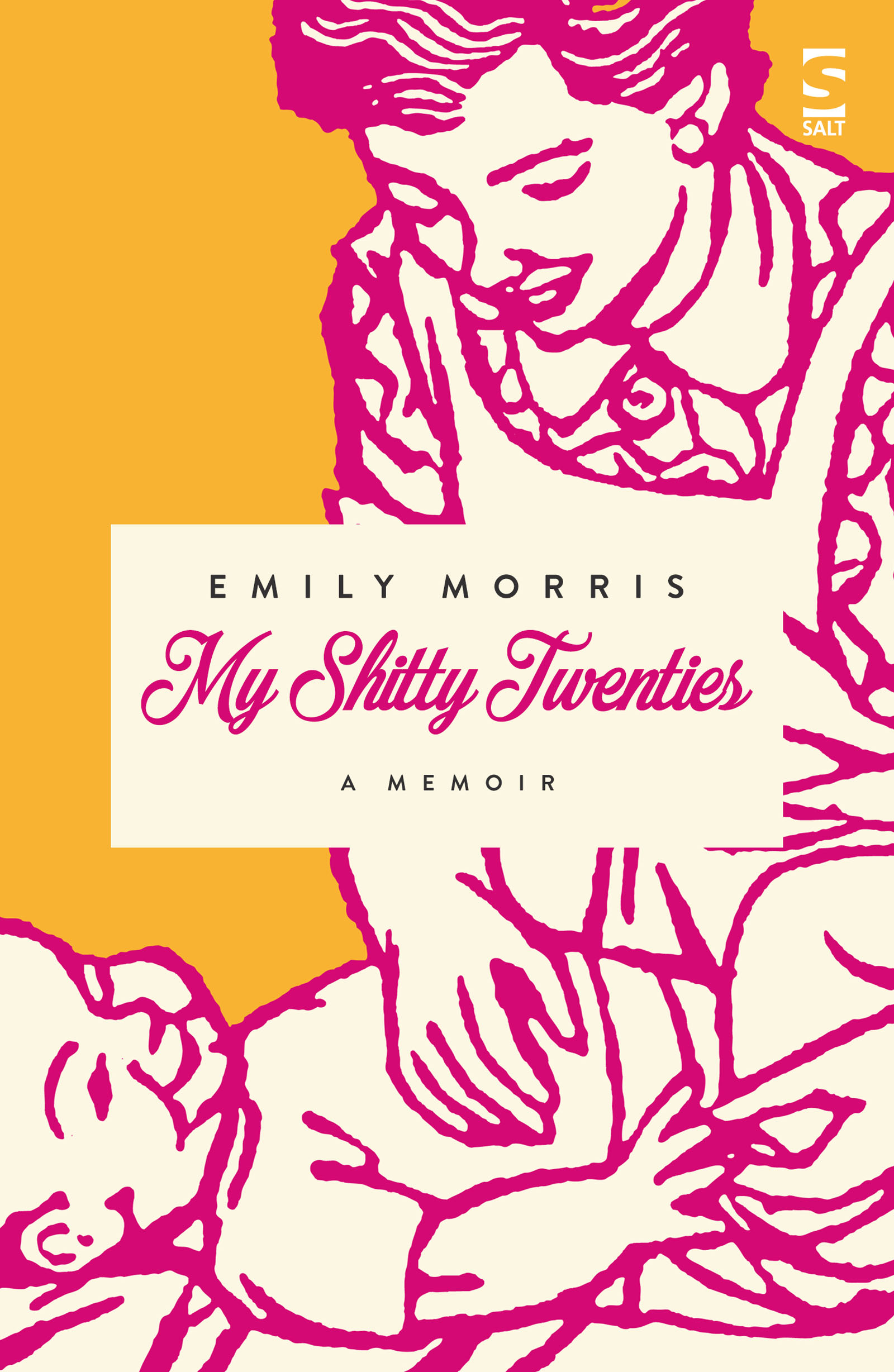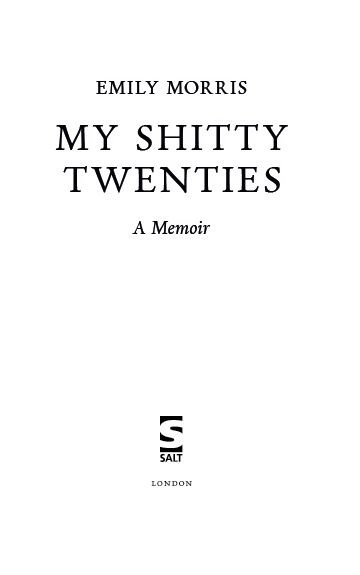MY SHITTY TWENTIES: A MEMOIR
EMILY MORRIS
The babys fathers parting shot was Enjoy your impending shitty, snotty, vomity twenties.
When Emily Morris was twenty-two and half way through university, she found out she was pregnant. It felt like an alien invasion but her instincts took over and, despite being totally unmaternal, she found herself going ahead with the pregnancy.
My Shitty Twenties is based on an award-winning blog about being a single mum. Emily Morris started writing when her son was two and she needed to try to find something funny in a crap, banal day. Six years later, this is her story.
PRAISE FOR THIS BOOK
The freshest, frankest, wisest, ballsiest memoir Ive read. Daring, eloquent, and important: a glorious tale of one womans triumph over the past and her own fears as she learns how to be a single parent in a world where single is still a dirty word. I cried heaps and adored every page. Emma Jane Unsworth
My Shitty Twenties
EMILY MORRIS has an MA in Writing Studies from Edge Hill University. As well as memoir, she loves writing scripts, young adult fiction and short stories. My Shitty Twenties is her first book, based on her award-winning blog of the same name. Emily teaches writing workshops to both adults and teenagers. She lives in Manchester with her son and her cat and is no longer in her twenties.
Published by Salt Publishing Ltd
International House, 24 Holborn Viaduct, London EC1A 2BN United Kingdom
All rights reserved
Copyright Emily Morris, 2017
The right of Emily Morris to be identified as the author of this work has been asserted by her in accordance with Section 77 of the Copyright, Designs and Patents Act 1988.
This book is in copyright. Subject to statutory exception and to provisions of relevant collective licensing agreements, no reproduction of any part may take place without the written permission of Salt Publishing.
Salt Publishing 2017
Created by Salt Publishing Ltd
This book is sold subject to the conditions that it shall not, by way of trade or otherwise, be lent, re-sold, hired out, or otherwise circulated without the publishers prior consent in any form of binding or cover other than that in which it is published and without a similar condition including this condition being imposed on the subsequent purchaser.
ISBN 978-1-78463-092-8 electronic
For my son and my mum, both of whom made this book possible in various, wonderful ways.
One
S eptember brought the students back. They clogged the aisles of the Magic Bus, grubby festival wristbands ringing their arms, unsullied trainers on their feet, skin tanned by the Thai sun. Everything they said came out in a question: theyd all had amazing summers, they were all like, totally skint, man, and some complained of being blatantly on the worst comedown in the history of the entire universe?
Id never understood why people were nasty about students. Suddenly I did. Its easy to dislike people when youre not part of what seems to be their fun and privileged club, even more so when you were a member but are no longer because of your own stupidity.
Being a student had afforded me more than my insular village upbringing ever could have done: an endless supply of knowledge, freedom of the city with which I had become besotted, friends who didnt think I was weird for liking techno; even a few who liked it too. And parties, so very many parties. Nights in warehouses out of town, in basements where sweat rained down from the ceiling, evenings venturing out with keys and a tenner and nothing much else, knowing Id see the gloaming before home.
In the end, the freedom and the hedonism led me to the very opposite.
The Magic Bus was the cheapest one to get from the student suburbs, south of Manchester, into the city centre. Apart from the massive wizards painted on the sides, there was nothing magic about that bus. I still needed to catch it most days; not because I was going to university, but because I was going to work. My part-time student job was in a call centre, selling package holidays to members of the British public who needed their regular spells in the sun. It was alright, as far as part-time student jobs go: we enjoyed our own heavily-subsidised holidays, plentiful rewards and trips called educationals that were basically all-expenses-paid tours of sunny places. It was before the credit crunch and the travel industry was booming, which is why my company was happy to oblige when Id asked if I could switch to full-time. Five days a week, I didnt disembark the bus when it stopped outside the universities and the students jostled off, bags full of books bobbing on their backs. Instead, I rested my head against the filthy window, gazing out of it, feeling my skull rattle and my teeth chatter with the thrum of the stationary bus. Each time, at All Saints Park, I craned my neck towards my building, unable to see it but wishing I was there, rushing through the wide, bright atrium with its abundant green plants, on my way to a lecture about architecture or photography or feminism. As the bus nosed its way back into the Oxford Road traffic and soared under the Mancunian Way, Id look forwards and get out of my seat, ready for another day hooked up to the telephone, feigning cheer.
I was intercalating, a word I had only just discovered that meant taking a year out of university. Despite the feeling that my life had just come to a very sudden and jarring halt, I was very busy doing lots of alien verbs. I was intercalating, gestating and abstaining. Before long, I would be lactating.
I wished my neighbours had complained to the police and the Manchester Evening News about my epic house party. I wished my student loan was, like, not even in my account. I wished my friend had burnt a pothole in my awesome vintage dress. I wished my library fine had hit three figures. I wished my housemate had pissed in the oven. I wished I had missed my connecting flight from Koh Pan Ngan to Bangkok. I wished my tent had been washed away on a wave of sewage in the famous Glastonbury floods.
Mostly, I wished I was one of them.
On this particular morning, I didnt get off the bus after the students, but before them. It was raining and the moisture drew all the bad smells out of everyones clothes: stale smoke, sour laundry that had been left in the washer too long, patchouli joss sticks and skunk. Around that time, weird smells made me want to puke (bananas in the supermarket especially), so I spent most of the journey trying not to breathe. Id managed to get myself a seat, a small triumph I regretted as soon as I realised I was going to have to squeeze my way through the smelly crowds before I missed my stop. Sorry, excuse me, thank you, sorry excuse me, thank you, I said, holding my breath and sidling through. Im one of you, you know, I wanted to add, pointlessly.
I stepped off on to the wet pavement and took a deep breath of freshish air (diesel fumes mixed with wet grass). The Magic Bus hissed off through the puddles, spraying me with silt. In front of me, the brick of the Whitworth Art Gallery (my favourite gallery in Manchester and the world) shone glossy like red marble. Rain slapped down from the top of the grand trees in Whitworth Park, their branches sagging under the weight of the downpour. It was autumn, but few of the leaves had begun to turn. It wouldnt truly be autumn until they were golden, I told myself, or until they were shrivelled and skeletal and stamped into the ground. Autumn was my favourite time of year, but that year, I didnt want it to come. I was frightened of it, because autumn meant the definite end of the summer in which it had all begun, and would carry me closer to the thing that was inevitably next.


